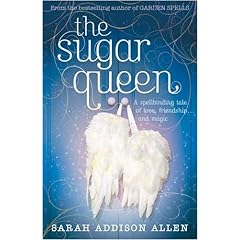Currently I am doing the proofs for A Deal with Her Rebel
Viking (out December 2019) and reading it (as well as all the other reading about
re-wilding) has reminded me that I do
take very seriously trying to know what the landscape looked like in the 9th
century as well as what the *normal* would be for the characters. The baseline has
shifted so much. What is normal was not
normal then. And the countryside was changing even in their lifetime.
In my novel, I have tried to give a sense of the meadows,
the forest and the fact that the war with the Vikings (and others) meant that
the underwood was abandoned to a certain extent. My eldest knew Oliver Rackman when
he was a grad student at Corpus and
introduced my youngest to his books. Because of my interest in history, I was
delighted to discover his rural landscape history. He discusses what the land
looked like in the early middle ages and explains about the importance of underwood, particularly
at time when there were no saw mills. I particularly like his Trees & Woodland
in the British Landscape – the Complete History of the Britain’s Tress, Woods
& Hedgerows. It has really given me
insight into what was going on. And now, I am using some of that knowledge in
attempting to figure out when the dene’s wooded area dates from.
I first really became aware of the shifting baseline problem
when I reading about lighting in the 19th century. We take the
brilliance of our lighting for granted, but to someone living back in the 9th
century, their eyes were adjusted to much less light. In many ways, the Romans
were probably used to more light as they
used oil lamps than the Anglo Saxons. Romans also had under-floor
heating and piped water. If you look at places like Birdoswald, you can see how
buildings were adapted to other purposes as the technology became lost.
With writing in a historical some of the world building
involves recreating their normal. It is about thinking what they would see and notice. Think about the wildlife, and the flora. What did they take for granted? How did they use the woods? What was the countryside like pre-enclosure or pre-highland clearance? We may have lost much but they had not. They experienced a different sort of Britain and I think re-creating this can help to show why we need things like beavers, wild boar and perhaps(whispering here as it is very controversial) lynx or wolves back.


















